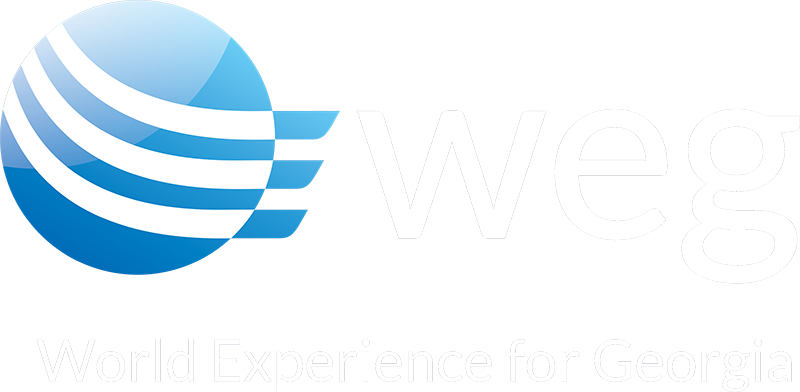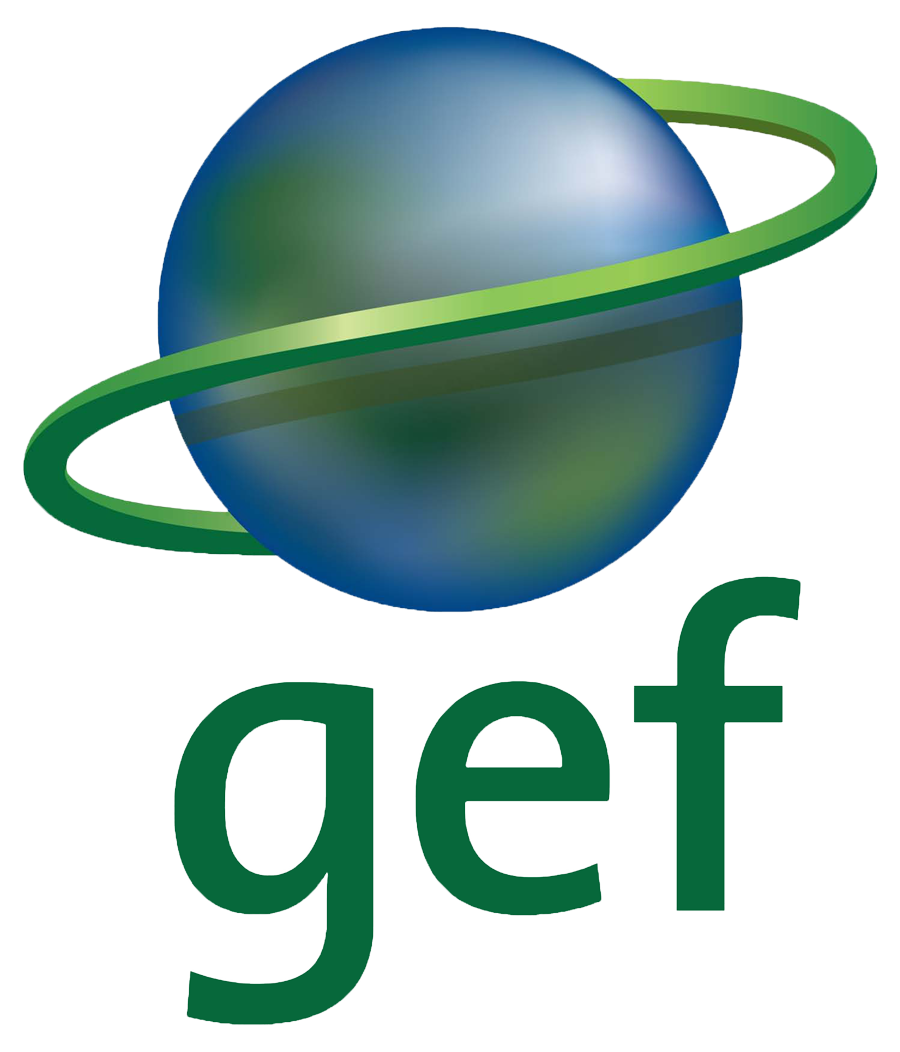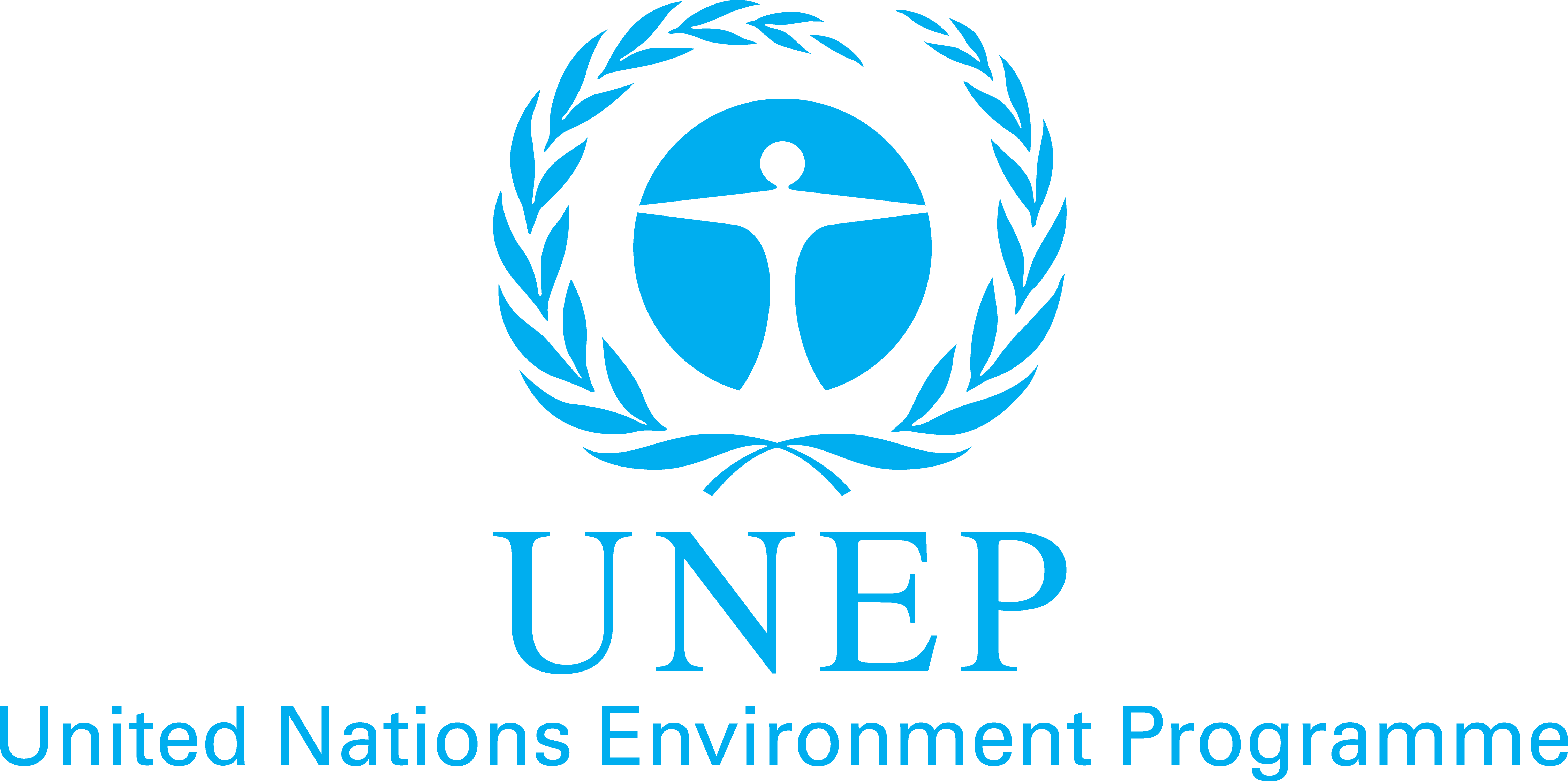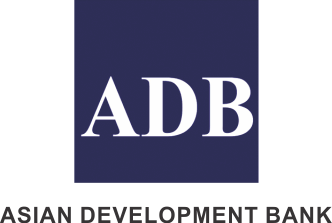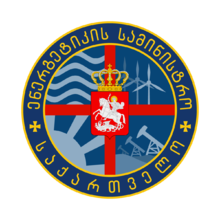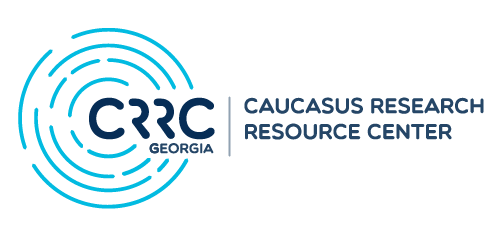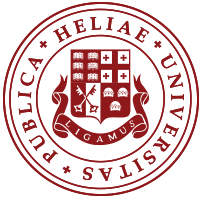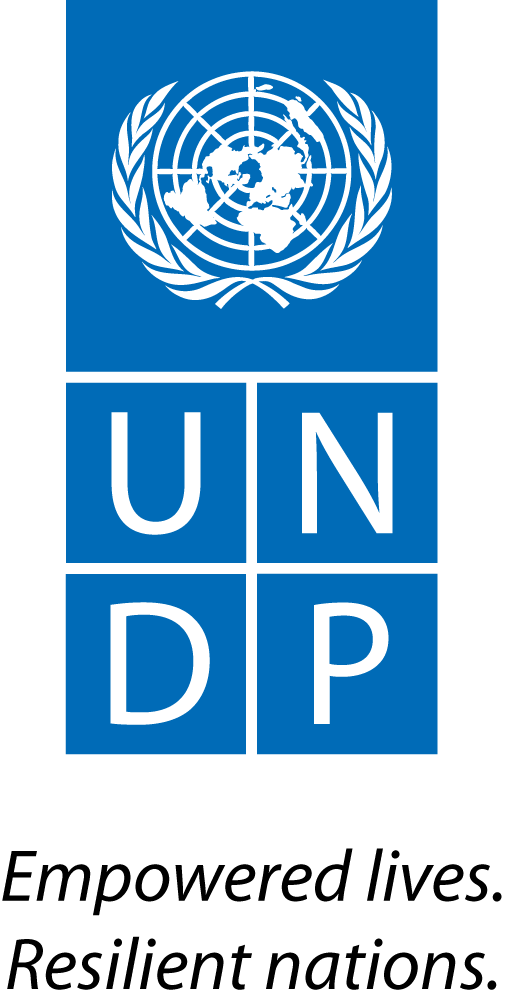WEG Statement on Gazprom Export Negotiations
The Government of Georgia has accepted Gazprom Export agreement to shift to monetary payment for Russia -Armenia gas transit. With this agreement, Georgia loses the benefits of receiving in kind gas and becomes more vulnerable to gas price volatility.
- It is clear, that according to the new terms of monetary compensation, Georgia will receive less value than it could get from natural gas according to the previous agreement.
- Georgia will be receiving gas from Russia for $185 per 1,000 cubic meters but only in case of deficit (meaning inability of Azerbaijan to supply) and only in the so called “social” sector. There is no expectation of competition with SOCAR in the “commercial” sector.
- It’s a two-year deal and in 2017 the in-kind payment will be maintained partially, for 1bcm. However, it is unlikely that Georgia will ever return to the terms and conditions of previous agreement and receive 10% of gas from transit as before.
- Ministry of Energy indicates that this was not a free choice and negotiation outcomes were enforced by Russia.
Analysis:
- Although the monetary settlement for transit is more in line with international practice and WTO rules, however the new transit conditions are significantly worsened with respect to previous ones, both in economic and energy security terms.
- Negotiations with Gazprom were conducted one-on-one, behind closed doors, without proper preparation, risk analysis, negotiation strategy, scenarios analyses and involvement of international or local experts, international political allies or civil society. These circumstances raise doubt in whether all endeavors were taken to defend country’s interests and the best possible outcome was achieved.
- Considering the existing non-transparent environment, it is important to understand how and why it was possible to maintain the existing deal in the last year; what was the convincing argument that made Russia to agree to favorable conditions for Georgia, and what has changed now?
- The Ministry declares that the transit fee is a “commercial secret”. However negotiating parties are not full-fledged commercial agents and the price remains "secret" only for Georgian Population. It is very likely that all other interested stakeholders will easily access this information from their own sources.
- The Transit fee is not set by the regulator (GNERC), it was negotiated by the ministry of Energy of Georgia and most probably does not reflect all previous and future costs related to transit.
- The negotiated Gas purchase price for Georgia ($185 per 1,000 cubic meters) is political. It is higher than the price for Armenia (($165 USD/1000m3) and even for Germany (($160 USD/1000m3). In addition, the purchase agreement is not signed with a fixed volume of gas, which strengthens SOCAR’s monopoly power (especially in “Commercial” sector) even further.
- Russia is being treated as a common trade partner in negotiations, despite the fact that it explicitly violates international law, has obvious political interests and holds many economic, energy or political and military leverages against Georgia (Enguri HPP and electricity consumption of Abkhazia, dependence on electricity import, ownership of energy assets etc.). Russsia does not allow the same transit conditions on its own territory as it has demanded from Georgia. E.g. it was made impossible to transit the Kazakh gas to Tbilisi for Kaztransgas Tbilisi distribution company.
Conclusions
1. Negotiations with Gazprom go well beyond the energy framework and require to be discussed in National Security context. Involvement of Ministry of the Foreign affairs, national Security Council and other security stakeholders as well as international organizations and partner countries is crucial but has not been considered in this negotiations.
2. It’s necessary to consider political preparation, use expert knowledge and system approach to ensure transparency and public involvement to reduce risks and protect the best interests of the country.
3. Existing non-transparent and non-competitive environment in the Gas market contradicts to the interests of the country and consumers. Gas market reform and introduction of transparent regulations and healthy competition is vital for future democratic development and energy security.
4. Country’s energy security strategy needs to be prepared, which will define sector development and will guideline the actions of for policy makers. Existing practice of non-transparent governance in energy sector does not allow to fully defend country interests and needs to be changed through reforms.
Note: North-south gas transit does not fall under the regulation of Energy Community accession process for Georgia, according to the membership protocol, gas transit agreements are exempt from the requirements of EU directives (Derogation).
